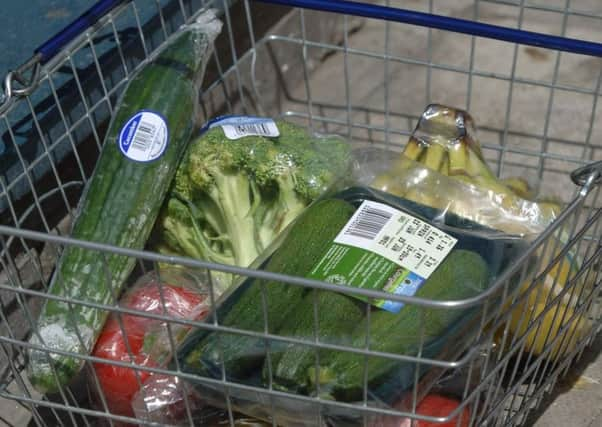Leader comment: Let the plastic free shopping commence


Chief executive David Lewis said the chain would “reserve the right” not to list any products which have too much or non-recyclable packaging by the end of the year.
The use of the words “excessive or inappropriate” clearly provides Tesco with some wriggle room, and the proof will very much be in whether the plastic-wrapped pudding continues to appear on the shelves.
Advertisement
Hide AdAdvertisement
Hide AdThe timescale is also ambitious given the amount of wasteful packaging very obviously on display in most large supermarkets. And will key brands really be banned for failing to comply?
It is, nevertheless, a big statement of intent by Britain’s largest retailer and another clear signal that environmental concerns have now in themselves become big business.
As the world has woken up to plastic pollution in recent years aided by the likes of the BBC’s Blue Planet II programme, shoppers have naturally become more savvy as their understanding grows.
Nearly nine out of every ten people who watched the documentary told pollsters they had changed their lifestyle as a result, for example by getting a refillable water bottle or using a travel mug for coffee.
Tesco’s move is just the latest in a string of attempts by retailers and brands to respond. Waitrose removed all disposable coffee cups from its shops in 2018 and no longer sells packs of single-use plastic straws. Asda reduced the amount of plastic in its own brand products by at least 10 per cent last year and removed single-use carrier bags.
Morrisons and Waitrose meanwhile have both tested refill stations to allow customers to buy packaging-free goods, while frozen foods chain Iceland has pledged to eliminate all plastics in its own-brand products within five years.
All encouraging moves and this is only the beginning in the battle by the big retailers to outdo each other in the environmental stakes. It is a welcome fight and one from which everyone will reap the benefits.
The evidence is clear for all to see, there can be no denying the environmental impact, no alternative theories offered. It lies in the microplastics found in the Arctic snow, in the deepest ocean trenches and on uninhabited islands.
The problem is real and we are all responsible.